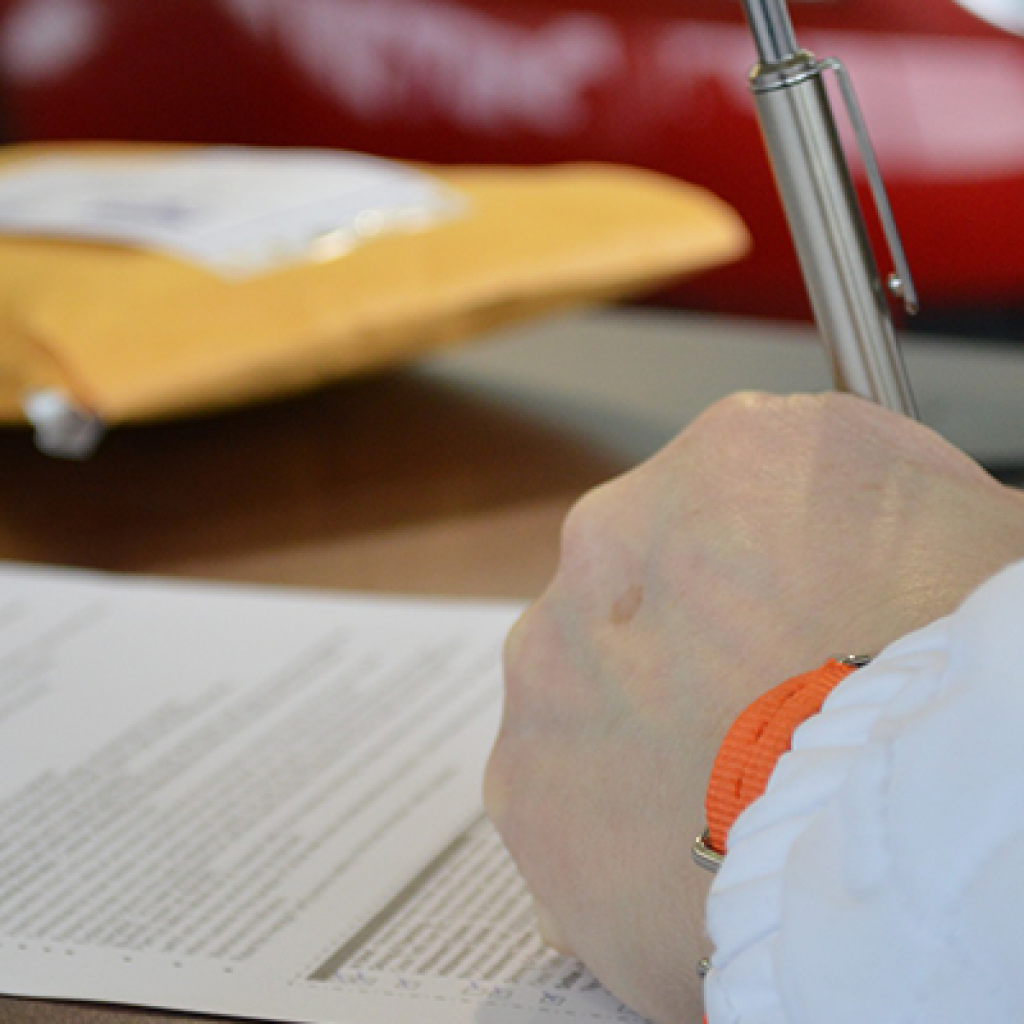First time buyers are still struggling to get on the housing ladder. A shortage of mortgage finance and house prices that are still, despite a decrease, out of reach means that first time buyers are finding alternative ways to get onto the housing ladder.
Buying with friends and family isn’t new but seems to be on the increase as buyers struggle to raise large enough deposits and mortgage finance from cautious lenders. Purchasing a property with family and friends can help buyers spread the cost of buying their first home.
The National Association of Estate Agents (NAEA), the UK’s professional body for estate agency personnel, recommends that before buyers commit to the “biggest purchase of a lifetime” they should “get it right” from the start.
President of the NAEA, Wendy Scott-Evans, said “splitting the cost of a substantial deposit, maintenance and mortgage repayments could make owning a home a more realistic aim for many would-be first time buyers”.
There are many pitfalls already associated with purchasing property so to compound that and add into the mix a friendship or family relationship that may not be able to take the strain of jointly owning a property might seem a little foolish.
Ms Scott-Evans added:
“I would, however, advise anyone looking to enter into joint ownership that a transparent relationship between all parties is imperative if the process is to go smoothly. That is a vital step whether you are buying with family, friends or another third party”.
What should you be advising your clients when they “buy with friends”?
NAEA are recommending that buyers consider the following:
– Mortgage options -There are mortgages that exist specifically for this type of purchase, so make sure your clients shop around for the best deal.
– Worst case scenario – One of the benefits of buying with friends or family should be trust. A high level of trust shouldn’t be to the detriment of legalities. Have a legally binding co-ownership contract drawn up and agree in advance what will happen if one client’s circumstances change.
– Paperwork-Your clients should remember that this is a business transaction. Any paperwork relating to the property or mortgage must be in joint names. All parties should have access to all documents related to the purchase.
– Timeframe — Buying with a friend will obviously have a shorter shelf life than buying with a spouse or partner. Co-ownership should be viewed as an investment decision and considering the potential resale value makes sound business sense.
Will we see a bigger increase in transactions where the joint purchasers are friends?
Today’s Conveyancer, bringing you the latest conveyancing news and updates.
Source: http://www.naea.co.uk




















